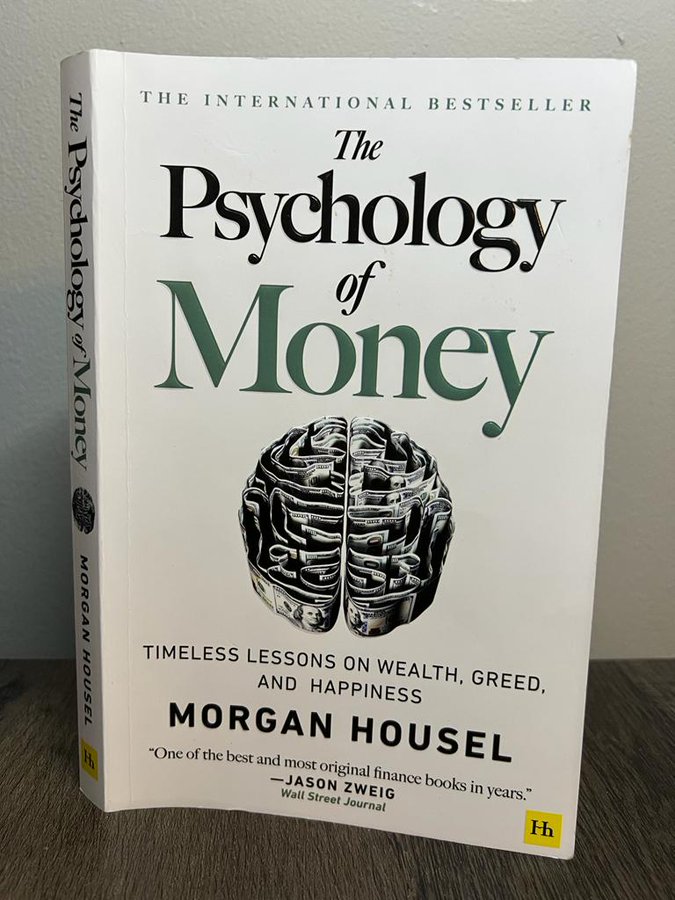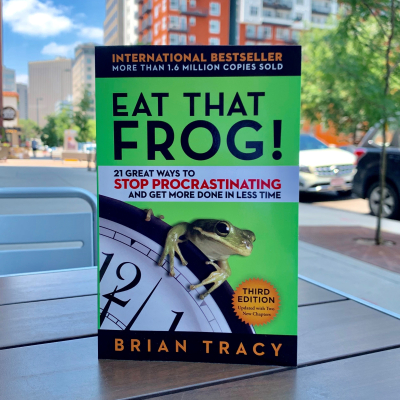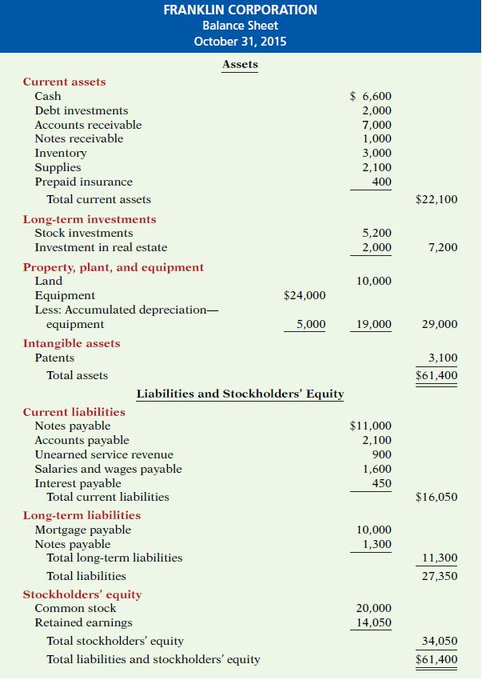
I will teach you how to manage money and be financially literate. I share insights on finance and wealth. Level up with me. DMs open for business.
20 subscribers
How to get URL link on X (Twitter) App


 • The Alchemist
• The Alchemist

 🐸 Embrace the Frog
🐸 Embrace the Frog
 🐸 Embrace the Frog
🐸 Embrace the Frog


 A balance sheet is a snapshot of a business at a specific point in time. It serves two purposes.
A balance sheet is a snapshot of a business at a specific point in time. It serves two purposes. 
 • The Power of Compounding
• The Power of Compounding

 The cash flow statement summarizes the cash generated and spent over a specific period (for example, a month, quarter, or year).
The cash flow statement summarizes the cash generated and spent over a specific period (for example, a month, quarter, or year).
 A balance sheet is a snapshot of a business at a specific point in time. It serves two purposes.
A balance sheet is a snapshot of a business at a specific point in time. It serves two purposes. 

 • No One’s Crazy
• No One’s Crazy